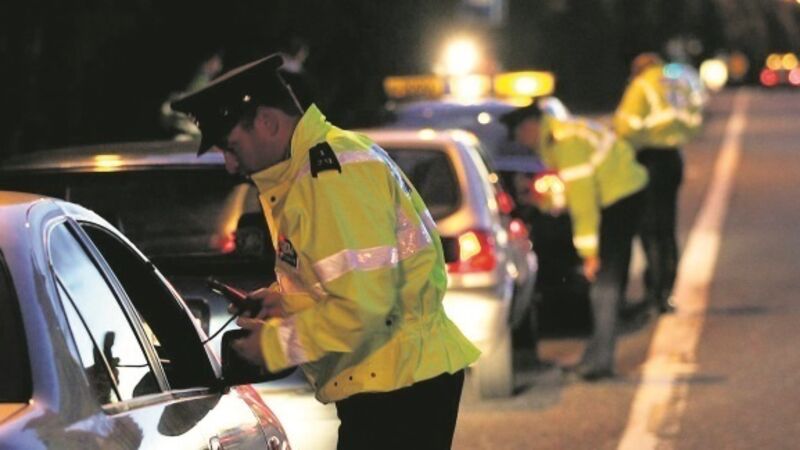Alcohol checkpoints should be 'maximised' between 10pm and 6am - RSA

Garda alcohol checkpoints should be “maximised” between 10pm and 6am to reduce the high number of road fatalities where alcohol is a major factor, the Road Safety Authority has urged.
It emerged that alcohol was present in 75% of fatalities that occurred off-peak (10pm-6am) between 2013 and 2016 and young males are over-represented.













